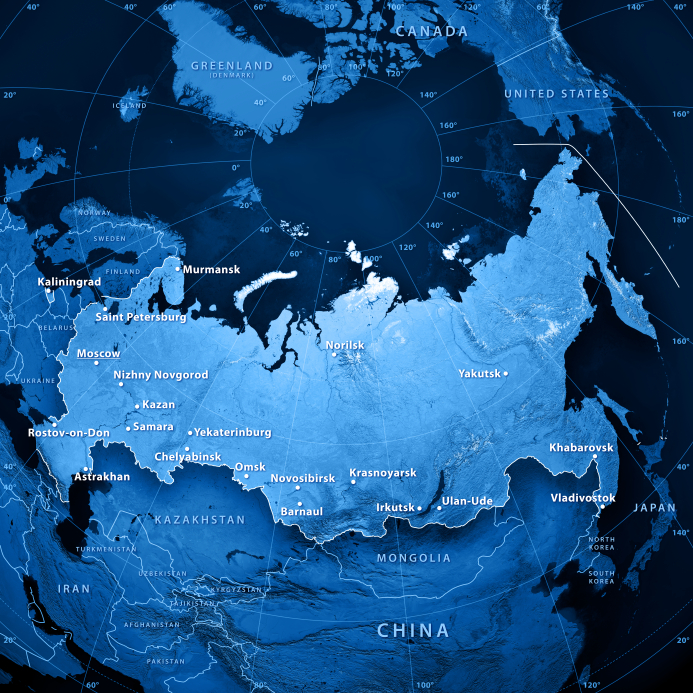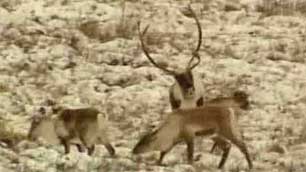Ancient virus found in Arctic permafrost

Scientists have found a previously unknown giant virus in the permafrost of Siberia, a discovery they say is worrying at a time when such frozen soils are rapidly thawing.
The newly discovered virus is called Mollivirus sibericum — meaning “soft virus from Siberia” — and was found in 30,000-year-old permafrost in Russia’s Chukotka region. It is described in a new study published in the Proceedings of the National Academy of Sciences. It is the fourth ancient giant virus discovered since 2003, one of which was discovered by the same team in the same Chukotka permafrost.
“The fact that two different viruses could be easily revived from prehistoric permafrost should be of concern in a context of global warming,” says the study by the team of mostly French scientists.
Genetically diverse
Mollivirus sibericum is spherical, measuring about 0.6 microns in diameter. Giant viruses, big enough to be seen with normal microscopes and bigger than many types of bacteria, measure at least 0.5 microns; a micron is 1/1,000th of a millimeter.
The team that discovered the virus is composed of scientists from Aix-Marseille Université in France, the Russian Academy of Sciences and other institutions.
The same team found an even bigger virus — the 1.5-micron-long Pithovirus sibericum — and was able to activate it, as described in a 2014 article in the Proceedings of the National Academy of Sciences. That virus is the largest ever found and is capable of infecting amoebas, though not humans, the authors said then.
The newly discovered Mollivirus sibericum is genetically diverse, the new study said. It holds over 500 genes, compared to the mere eight genes found in the Influenza A virus, the science news site Phys.org reported.
Related stories from around the North:
Canada: Canadian river carries carbon from thawing permafrost to sea, Alaska Dispatch News
Finland: Climate change brings new insect arrivals to Finland, Yle News
Greenland: Can we still avert irreversible ice sheet melt?, Deutsche Welle’s Ice-Blog
Norway: UN Secretary-General to visit Norwegian Arctic, Eye on the Arctic
Sweden: How will global warming affect the average Swede?, Radio Sweden
United States: White House video on climate previews Obama’s Alaska visit, Alaska Dispatch News



